Amateurism Isn't Educational

Pay players, the NCAA warns, and the delicate competitive balance between the University of Akron and Ohio State University will implode. Athletic departments—like the one at the University of Texas, which earned $183.5 million in revenue in 2014-15—will go broke. Athletes might even have to pay income taxes, and really, who wants extra cash if it means hassling with W-2 forms? And perhaps most the risible reason yet: if we compensate athletes, their educations will suffer.
Former United States Naval Academy player and retired NBA Hall of Famer David Robinson chuckled out loud when VICE Sports recently asked him about that last one.
"Would getting paid [as a college basketball player] have affected my ability to study?" he said. "No. I don't think so."
But here's the thing: the NCAA isn't joking. It's painting itself as an academic guardian, and that tactic is working, at least in federal antitrust court.
Remember the federal class-action lawsuit brought by former University of California, Los Angeles basketball star Ed O'Bannon against the NCAA? The landmark case that sought to allow college athletes to be paid for the use of their name, images, and likenesses (or NILs) in television broadcasts and video games?
While arguing that no, actually, people like O'Bannon should not get a bigger slice of the money pie, the NCAA's lawyers insisted that the current one-small-size-fits-all portion doled out to players somehow enhances their schooling. And believe it or not, the three-judge panel that oversaw an association appeal of the case agreed—at least enough to overturn an original injunction from U.S. District Judge Claudia Wilken that would have permitted schools to pay players at least $5,000 a year in deferred cash. Instead, the panel decreed that all college athlete compensation must be tethered to educational expenses.
There's more. The same tether could apply to a pending class-action suit brought against the NCAA and the major college conferences by former Clemson University football player Martin Jenkins, a case that essentially seeks to bring free agency to campus sports. Which means that the ludicrous logic of "if we write them checks, they won't study" could end up acting as a legal firewall that prevents college players from ever being paid.
"It's insane," says David Grenardo, a 40-year-old attorney and associate professor at St. Mary's School of Law in San Antonio, Texas, who played football at Rice University in the 1990s. "What the NCAA has done is a great job of marketing and propaganda to say that amateurism is all about education."
College sports have a long history of making the basic claim that amateurism and education are intrinsically linked. In 1953, the Colorado Supreme Court ruled that injured University of Denver football player Ernest Nemeth was eligible to receive workers' compensation. Petrified of the financial ramifications, the NCAA created the term "student-athlete," a signal to courts and the public alike that Nemeth and his peers were simply young scholars who happened to be very good at sports—think undergrads tossing a frisbee on the quad, only with 50,000 paying spectators—and not de-facto school employees entitled to pay and legal protections.
Little has changed in the 60 years since. During the O'Bannon case, NCAA lawyers argued that amateurism rules "focus [athletes] on spending their time doing what students do, rather than trying to make as much money as possible, which is what professionals do." While testifying, University of South Carolina president Harris Pastides said that paying players would create a "wedge" between them and their classmates, and make uncompensated, non-revenue-sport athletes feel "worse about themselves." NCAA president Mark Emmert, meanwhile, fretted that if an "athlete was being paid and it changed significantly their lifestyle, they probably would not be living in a residence hall. They probably would not be eating in the cafeteria, they probably would not be as—as active a member or participant in the life of a campus."
Translation? If we pay them, they won't hang out on the quad. The. Horror.
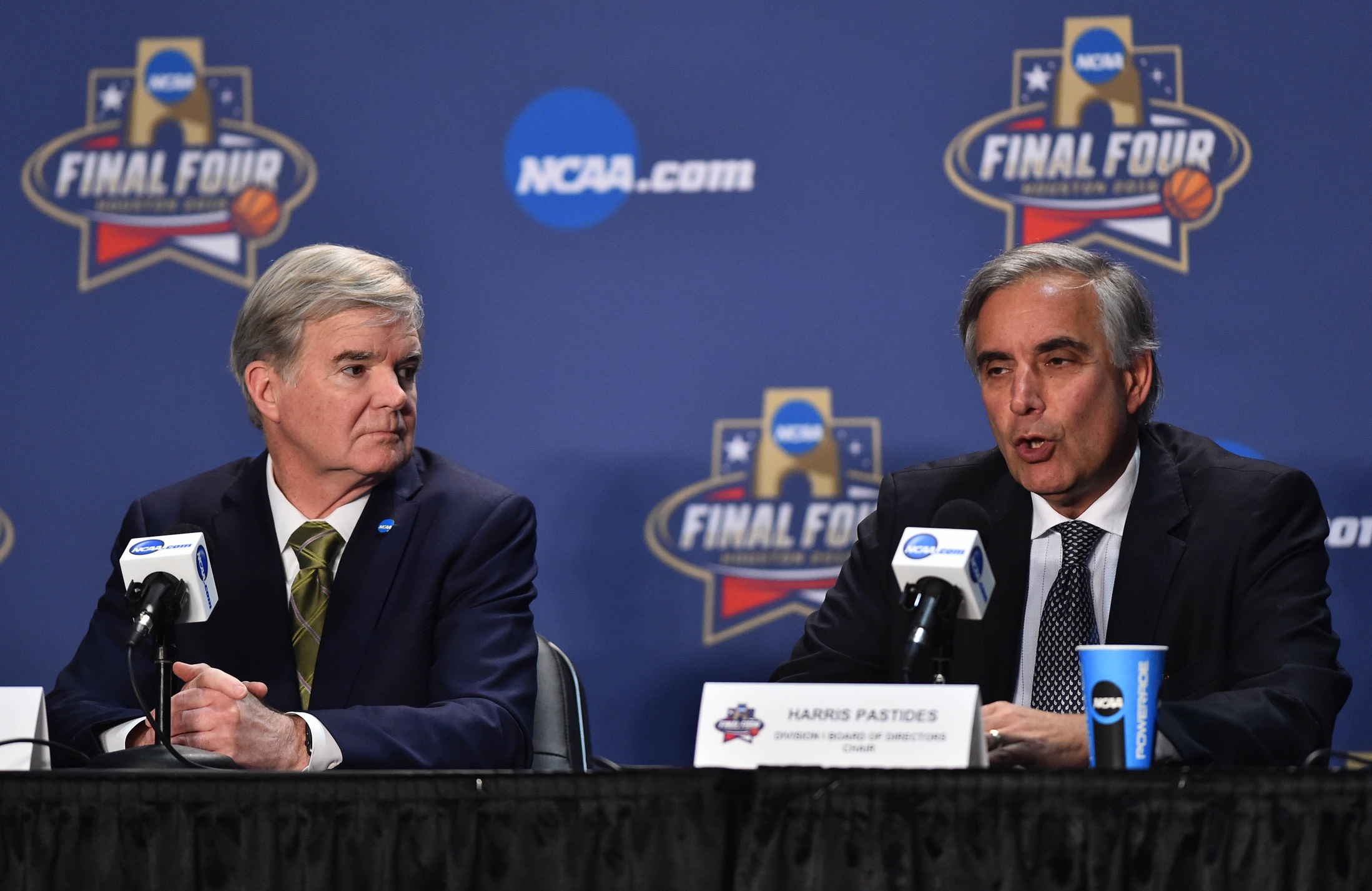 |
| Mark Emmert (left) and Harris Pastides are deeply worried about where paid college athletes might choose to eat. Photo by Bob Donnan-USA TODAY Sports |
In an Oregon Law Review article—and over the phone, too—Grenardo picks apart the NCAA's argument connecting a lack of compensation and enhanced academics. Exhibit A? His own experience at Rice.
Coming out of high school, Grenardo could have gone to Harvard University, but he chose Rice because he had dreams of playing in the NFL, and the Houston-based school then played in the Southwestern Conference alongside powerhouse programs like the University of Texas.
During Grenardo's junior season, he won the top student-athlete award for football; that same year, he struggled to make ends meet. Every month, he received a $385 check from Rice to cover his expenses, including a $300 share of the rent for an apartment he lived in with two other athletes. "It was supposed to pay for utilities, gas, and lunches," he says. "That never made it."
Being paid to play football, Grenardo says, wouldn't have made him study less or spend extra time on the sport, but it would have made his life as a student easier. "I would have had money to go to a movie or buy food," he says.
According to a report from Georgetown University's Center on Education and the Workforce, between 70 and 80 percent of college students are active in the labor market. Roughly 40 percent of undergraduates work at least 30 hours a week, while 25 percent of all students enrolled on a full-time basis also work full time. Some of those employees—a cohort that once included yours truly, who worked at the Georgetown bookstore—even get paid for campus jobs.
The NCAA's member schools don't prohibit any of those students from making money. Because that would be utterly ridiculous. Why, Grenardo asks, are athletes treated differently? Because they're especially good at catching footballs?
During the O'Bannon trial, Stanford University athletic director and amateurism advocate Bernard Muir was questioned by players' attorney Renae Steiner about computer-science students at his school earning income from software they developed in class, a pretty fair analogue for playing revenue sports. It did not go well:
Steiner: "Are you aware that some of those students at Stanford were making $3,000 a day on their apps?"
Muir: "[I] was not aware of that."
Steiner: "And they were making more than the professor teaching them in that class?"
Muir: "Okay. I will take your word for it."
Steiner: "Okay. Do you know if those students are no longer integrated into the academic community at Stanford?"
Muir: "I would assume that they are."
"It's crazy, the idea that if we put $20,000, $30,000, $40,000 into the pockets of these athletes who don't have a lot of money, who knows what they will do with it," Grenardo says. "Even at my law school, some of my students have better cars than me. Nobody says about kids who are affluent, 'Oh my God, we need to rein this in.'"
Last year, Emmert took his employer's logic to its dopiest possible conclusion and claimed that paying college athletes would make them no longer students at all, presumably because simultaneously (a) playing campus sports, (b) being paid for playing that sport, and (c) being a college student would require a heretofore unknown quantum state.
Except: former University of Michigan basketball player Juwan Howard finished his undergraduate degree during his rookie year with the Washington Bullets, the same year he earned $1.31 million playing basketball. Likewise, former University of North Carolina basketball player Antawn Jamison (career earnings: $142.5 million) completed his degree while playing in the NBA. So did former UNC players Vince Carter ($169.6 million) and Jerry Stackhouse ($84.5 million), former Colgate University player Adonal Foyle ($63.4 million), and former Georgetown player Jeff Green ($50.3 million).
Or take John Urschel. As an offensive lineman for the Baltimore Ravens, he made $726,000 last season—and as a student at the Massachusetts Institute of Technology, he's currently pursuing a doctorate in applied mathematics.
Urschel previously played football at Penn State University, where he earned bachelor's and master's degrees, taught undergraduate math courses, and never missed a game. On Saturday nights, he recalls, he would retreat to his office in the school's math building, the better to catch up on his homework. "My friends would come by and try to bring me out, and it would be 1 AM," Urschel says. "I would always swoop in for last call [at bars].
"I loved my college experience, but it was a grind. What I have to do with MIT and the NFL is much easier than what I had to do in college in terms of time."
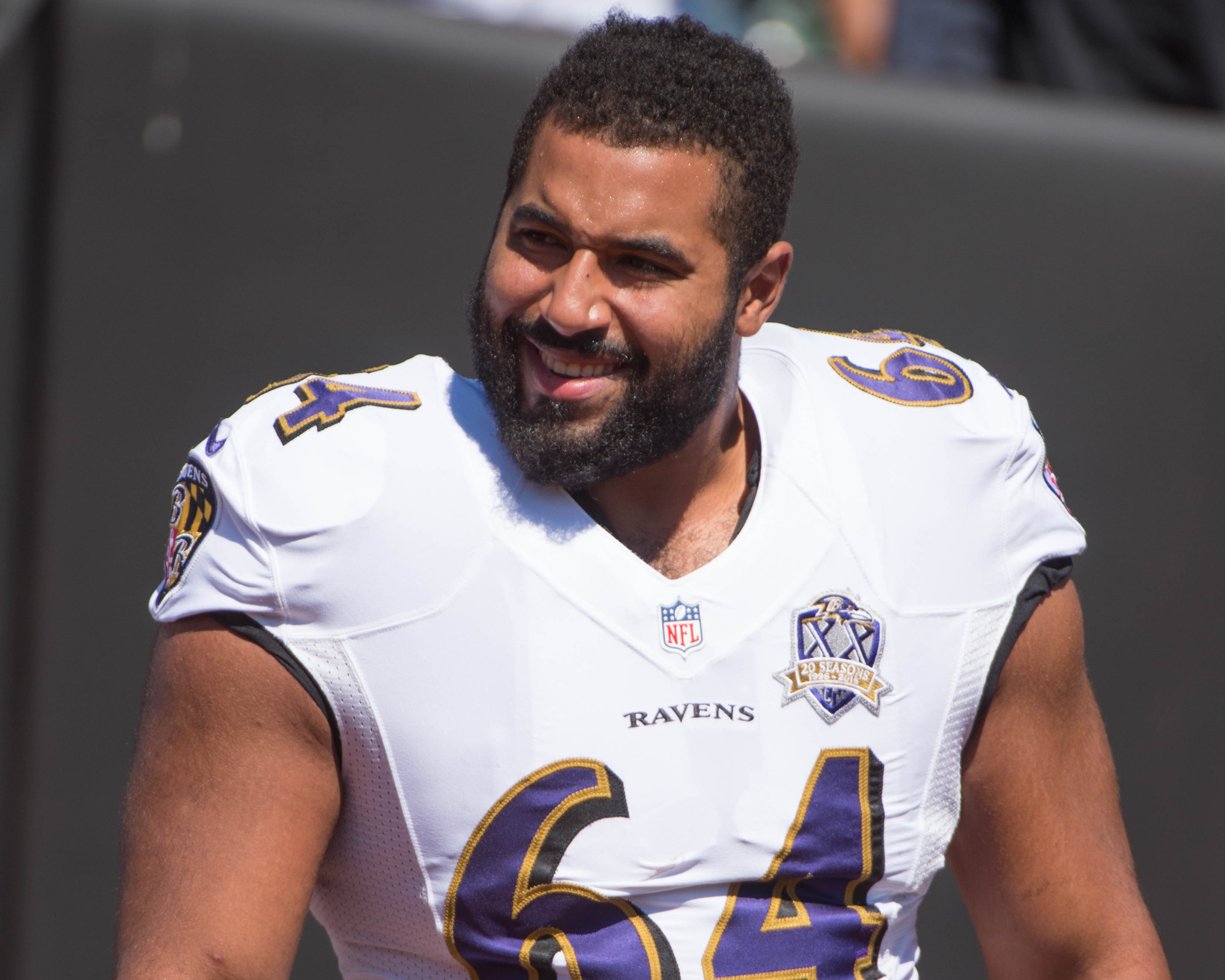 |
| John Urschel, courageously overcoming NFL paychecks to pursue a doctorate at MIT. Photo by Kyle Terada-USA TODAY Sports |
Hold up. By the NCAA's reasoning, Penn State should have been easier—because as NCAA vice president Oliver Luck has said, paychecks and the "opportunity to do an autograph signing, or an endorsement, really distracts that young person from what's really important, which is the educational component."
Isn't that right, John Urschel?
"It's not even—"
Urschel pauses. At MIT, he's focusing on numerical linear algebra, machine learning, and spectral graph theory, whatever the heck that is. Nevertheless, right now he sounds stumped.
"I'm not sure how to—"
Another, longer pause.
"No," Urschel says. "I don't believe so. But it feels like a ridiculous question to me, to be perfectly honest."
Speaking of ridiculous, on its website the NCAA says that "maintaining amateurism is crucial to preserving an academic environment in which acquiring a quality education is the first priority." Great. If that's true, then college sports should be relatively free of academic compromise and malfeasance.
After all, they're already amateur.
Except: a 2014 report from South Carolina's College Sports Research Institute found that the graduation rate of football players in the Power Five conferences was 20 percent lower than that of their non-athlete counterparts; for men's basketball players, the graduation rate in major conferences was 31.5 percent lower.
Three years ago, the NCAA reportedly was investigating 20 cases of academic fraud at its member schools, 18 of them at Division I institutions. One of those schools, the University of North Carolina, was placed on academic probation by its accreditation body—the first Tier 1 research university to receive such a penalty. UNC remains under NCAA investigation for a massive scandal in which hundreds of athletes over a 23-year period were steered toward bogus "paper classes" that never met and required students to produce single, end-of-semester papers, which often were plagiarized or allegedly written by others and sometimes graded by non-faculty members.
None of this is new. When former North Carolina athletes Rashanda McCants and Devon Ramsay sued the school and the NCAA in 2015 over the paper classes scandal, their 100-page complaint cited 26 different examples of academic malfeasance at schools ranging from the University of Michigan to Texas Tech University. Among the cases was a University of Georgia class taught by an assistant basketball coach in which several of his players received A's despite rarely attending—and were given a final exam that included the question "How many goals are on a basketball court?"
While researching Billion-Dollar Ball, his book on big-time college football, Pulitzer Prize-winning journalist Gil Gaul spent a morning walking around the University of Kansas' 1,000-acre campus with "class checkers" (an athletic department official called them "varsity ambassadors") who stood outside classroom doors and had revenue-sport athletes sign sheets of paper confirming when they entered and exited their classes.
Sure sounds like an environment where preventing athletes from being paid is ensuring that quality educations are the first priority, doesn't it?
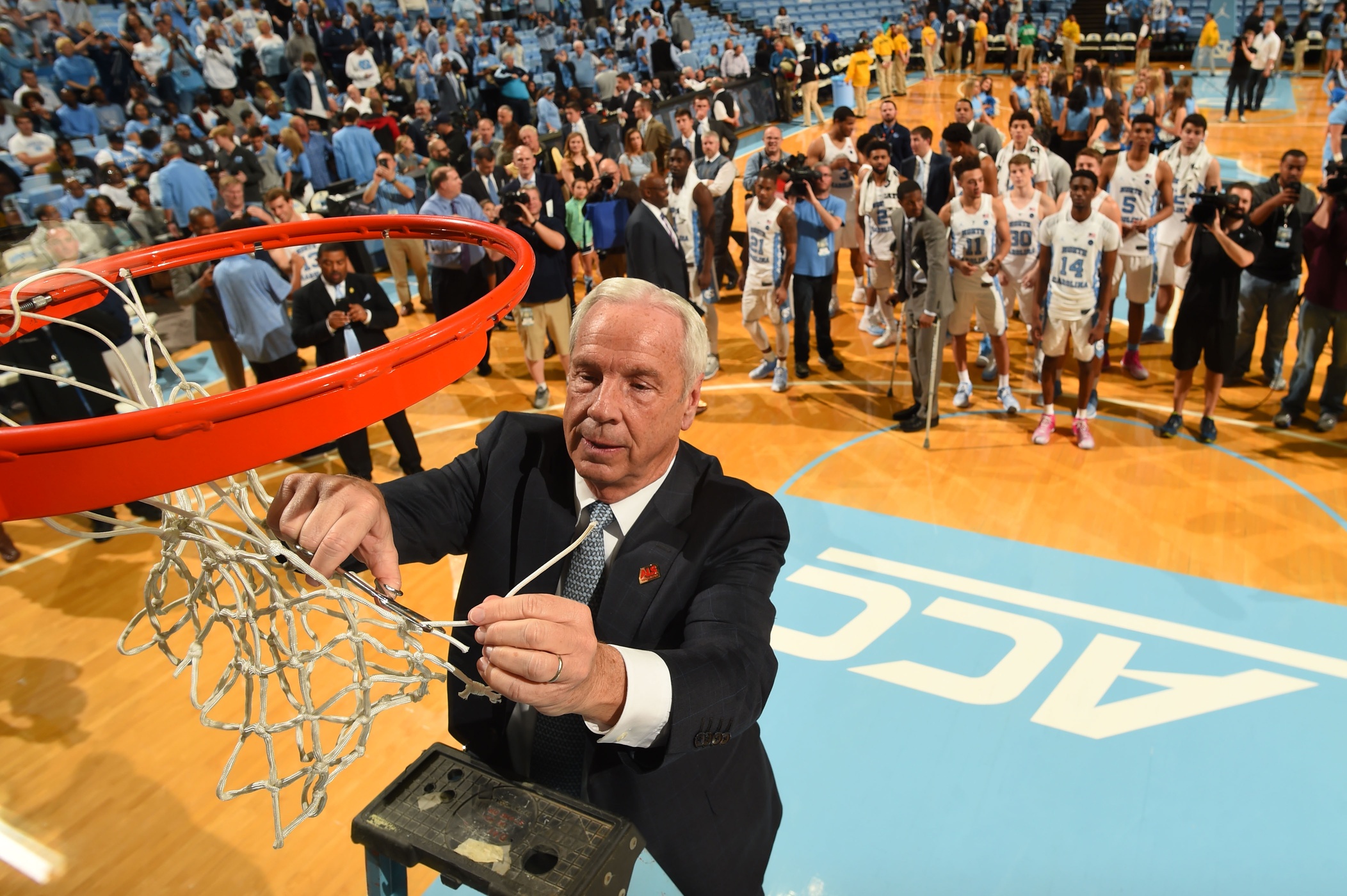 |
| Pay players like coaches, and academics will be imperiled. Photo by Bob Donnan-USA TODAY Sports |
That wasn't an anomaly: in a 2011 survey by the NCAA, athletes in big-time football and basketball programs reported that they spent, on average, more than 40 hours a week on sports and about 38 hours on school; a recent Pac-12 survey found that athletes in the conference spent an average of 50 hours a week on their sports, and often were "too exhausted to study effectively."
Grenardo graduated from Rice with degrees in political science and policy studies, and earned a 3.57 grade-point average. "But I could have done much better without football," he says. The sport was a grind: training camp double sessions in Houston's 100-degree, 90 percent humidity heat; road games that began with Friday afternoon walkthroughs in the opponent's stadium and ended when the team returned to campus late Saturday night or early Sunday morning; daily afternoon practices that made taking classes after 2:00 PM impossible, and almost always included a blocking drill that saw Grenardo and his fellow defensive backs spend ten minutes head-ramming each other.
"Usually, by the end of every day my head and body were so worn out that I didn't have the ability to think straight," he says. "I would do all my homework on Sundays, just a mad dash to catch up.
"When I got to law school, my first day of class ended at like, three or four in the afternoon. I literally felt like I was on vacation. You mean I can go to class, and afterward, I can just study? It was strange to me."
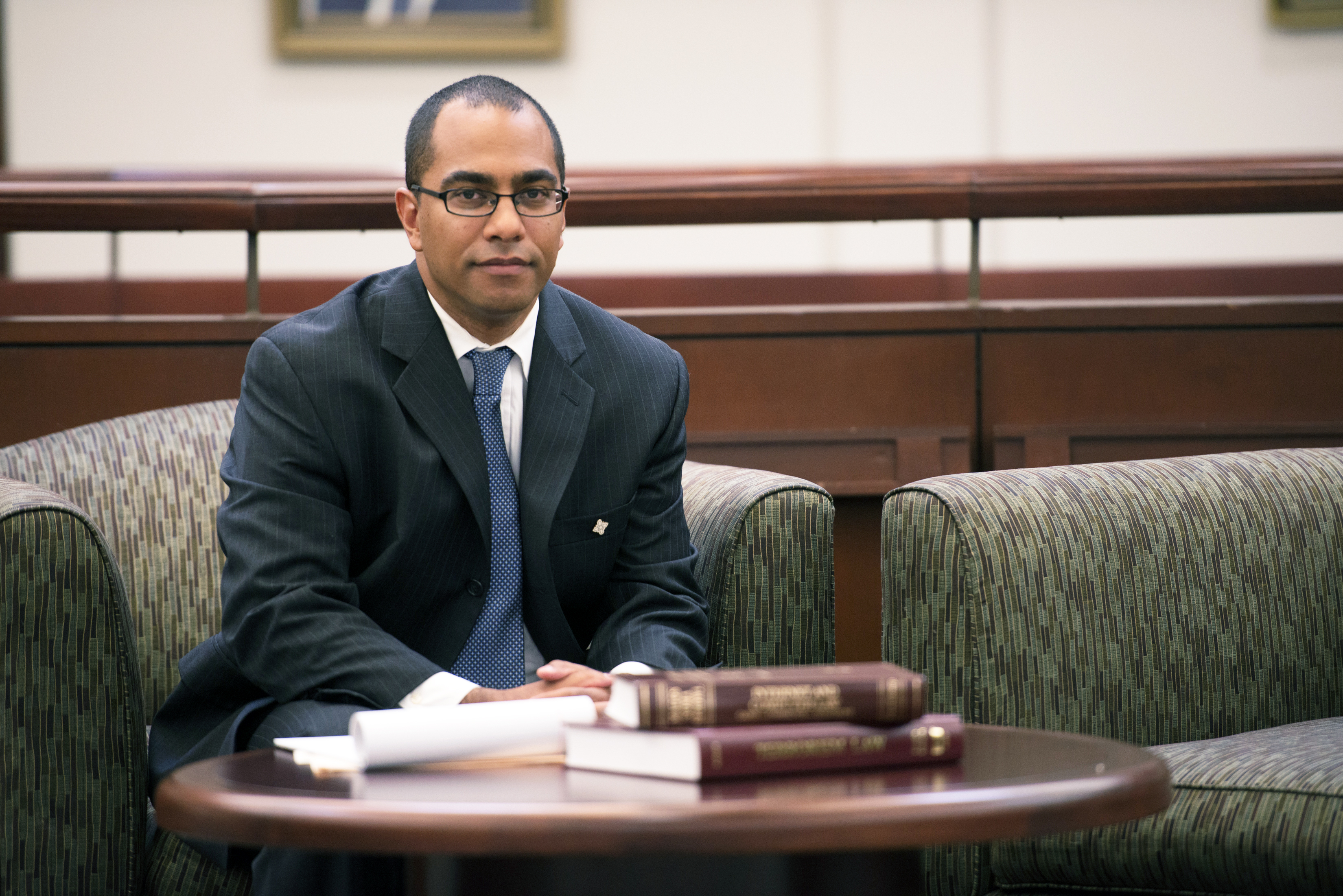 |
| Law professor and former Rice football player David Grenardo. Courtesy David Grenardo |
That doesn't surprise University of Oklahoma professor Gerry Gurney. Over the last 31 years, he has worked in academic support for athletes at four major schools—Oklahoma, Iowa State University, Southern Methodist University, and the University of Maryland—and served as the president of both the National Association of Academic Advisors for Athletics and the Drake Group, a national advocacy origination of academics whose mission is to protect academic integrity within campus sports.
Shortly after starting his first academic counseling job at Iowa State, Gurney noticed something odd about the school's football and men's basketball players: "None of them were reading." Puzzled, he gave the athletes reading tests. "I found that 95 percent of them were reading below the tenth-grade level, which is the level at which college textbooks are aimed," Gurney says. Ten percent were functionally illiterate.
"The admission of unprepared students is the original sin in big-time sports," he says. "We know damn well—and college presidents know damn well—that schools are admitting athletes to competitive institutions that have no business being successful students there."
Gurney created a remedial education program at Iowa State and saw some success. But too many universities, he says, refuse to be honest about what truly hurts athletes' educations. Instead, they funnel time-strapped, unprepared young men into what he and others have dubbed an "eligibility curriculum"—a campus-by-campus patchwork of undemanding courses, friendly professors, overly helpful tutors, lavish study halls, and substance-free majors that keeps athletes eligible to play under NCAA academic standards, while leaving them with substandard educations and Potemkin degrees.
None of this is the result of some quarterback somewhere getting a cash handshake from a friendly booster.
"It's absolute lip service from the NCAA when they say they are about education," Gurney says.
Does the college sports establishment even believe its own malarkey? Not entirely. University of Notre Dame president John Jenkins told the New York Times that permitting player pay would be an "Armageddon" that "does some violence to [the] educational relationship" between athletes and their schools—but school athletic director Jack Swarbrick told VICE Sports at a campus sports reform meeting in Washington, D.C., that he doesn't think there's a link between amateurism and education. The NCAA touted education as its raison d'être in the O'Bannon case, but responded to McCants and Ramsay's lawsuit over the North Carolina scandal by arguing in federal court that it has no legal duty to make sure said education is actually delivered.
"This is the underlying lie of the NCAA," says Michael Hausfeld, the Washington, D.C.-based antitrust attorney who headed the O'Bannon case and is also the lead litigator on McCants and Ramsay's suit. "Up until we filed the North Carolina case, you had the NCAA saying they are there for the welfare of athletes as students. Now they say they have nothing to do with that. You can't be more of a hypocrite."
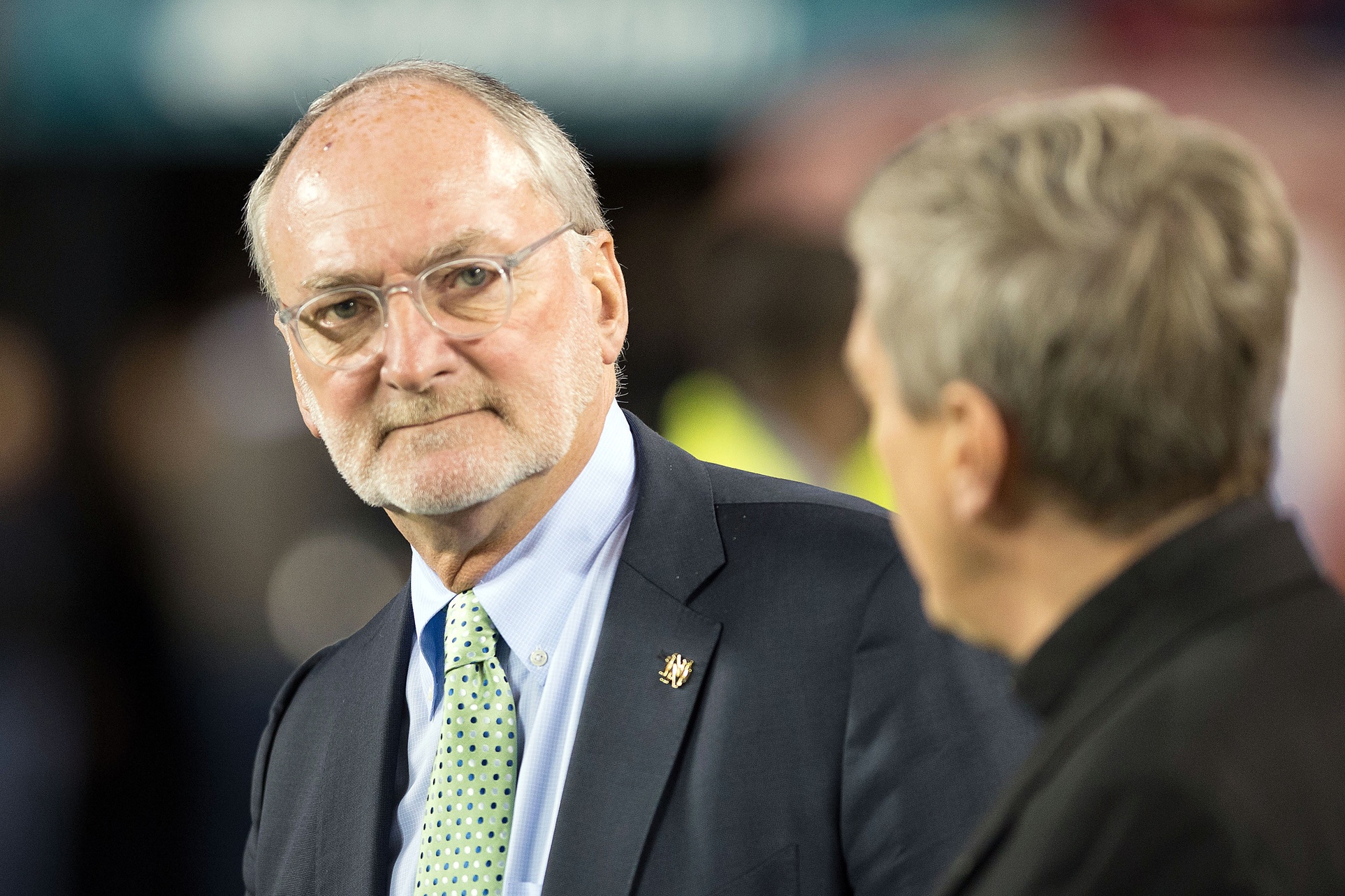 |
| Jack Swarbrick doesn't see a link between education and amateurism. Photo by Matt Cashore-USA TODAY Sports |
NCAA schools already pay coaches bonuses for their players' academic performance. Why, Grenardo asks, shouldn't that cash go directly to the athletes actually sitting through classes? Instead of banning player pay, why not hand out $5,000 for making the academic all-conference team, $10,000 for graduating, $20,000 for landing on the dean's list?
"I don't want to exaggerate this as being a reason for saying [amateurism] rules should be struck down, but I certainly believe there could be some academic benefit for letting students be compensated," says Jeffrey Kessler, the lead attorney on the Jenkins case that's seeking free agency in college sports. "We have a lot of evidence that students who come from higher-income backgrounds tend to do better in school.
"A lot of [athletes] comes from very poor backgrounds—and the extent to which they are under financial stress for themselves or their families and others, and that is relieved in some way, you maybe can focus more on your studies and your education without worrying, I don't think it would be a negative. I think it could only be a positive."
All it would take, Grenardo says, is for the NCAA to stop pretending that it's a self-styled, tough-love parent permanently withholding players' allowances in order to make sure they do their homework—and for federal judges and everyone else to quit playing along with the association's cynical ruse.
"If the NCAA really cared about education," he says with a laugh, "they would quit scheduling football games on every day of the week."







